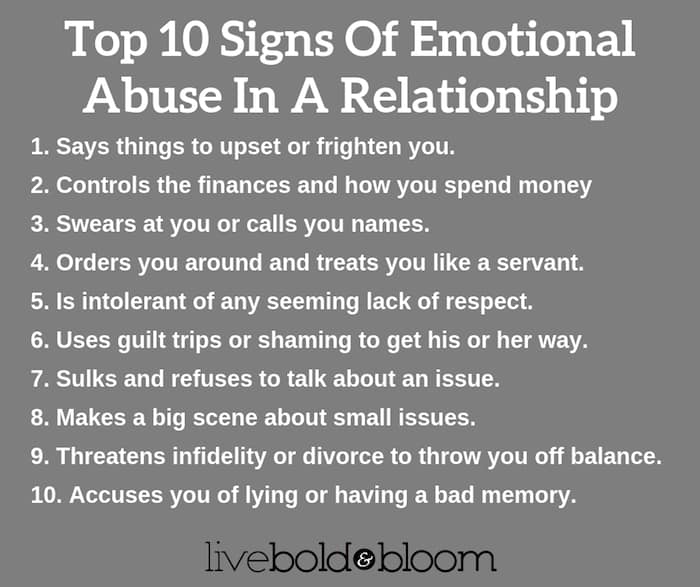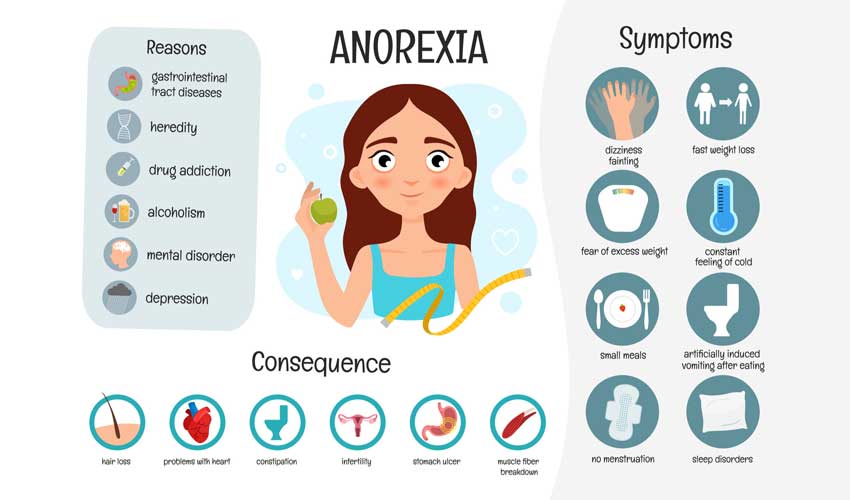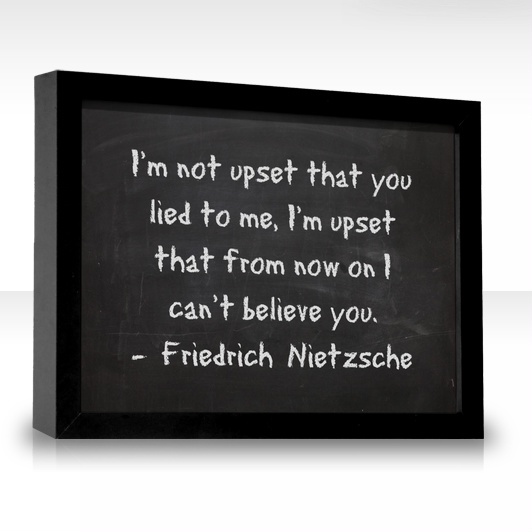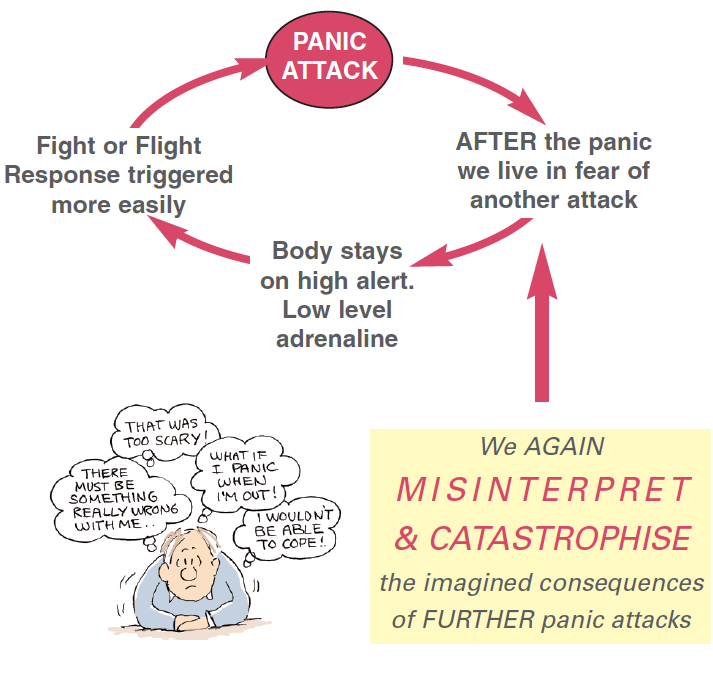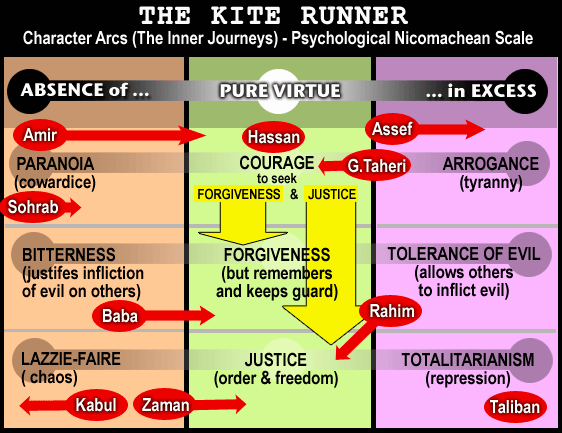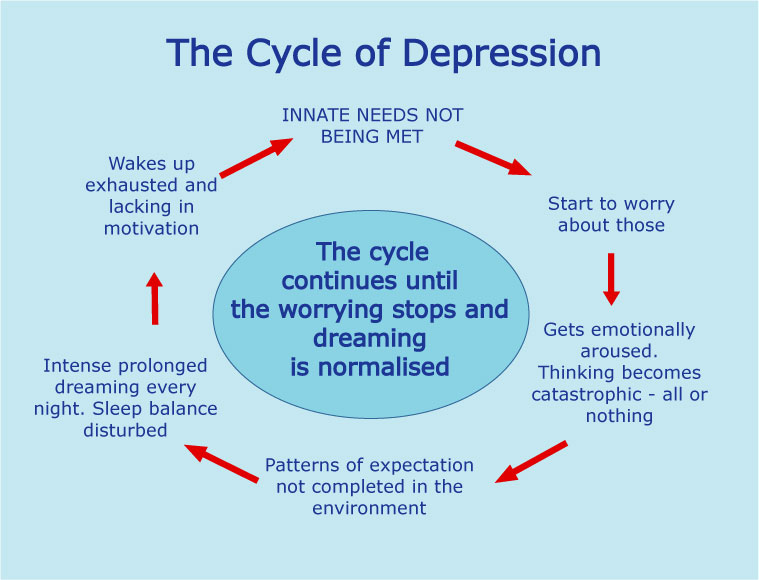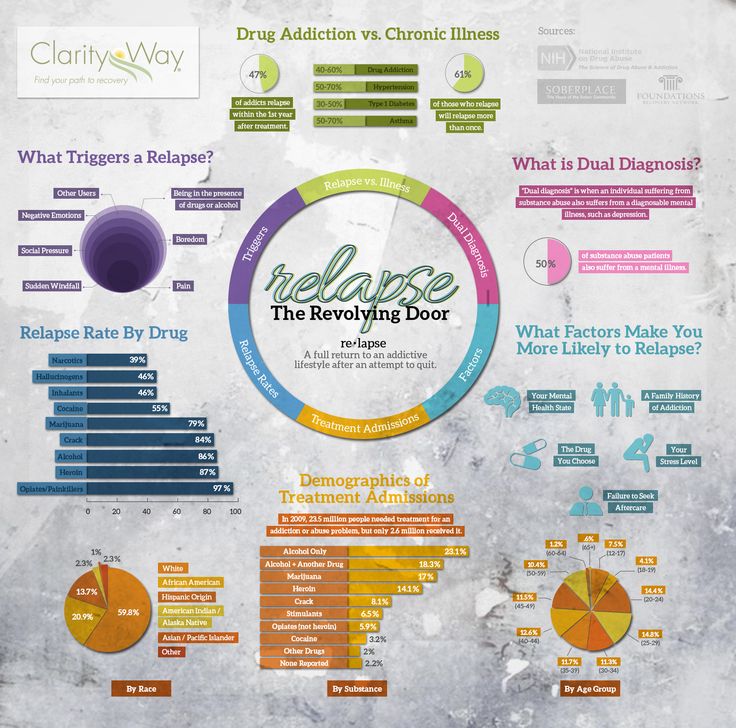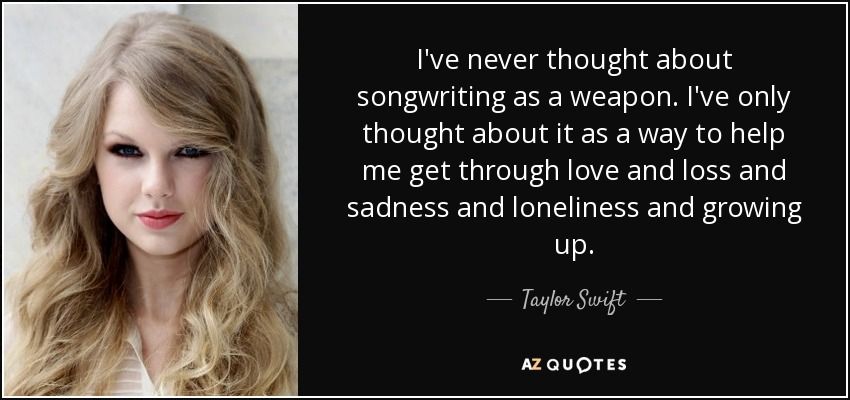Recovering emotionally abusive relationship
How to Heal From Emotional Abuse in Relationships: Therapist Approved Strategies [2022]
Are you trying to discover how to heal from emotional abuse in your current or past relationship?
Well, you are in the right place!
Emotional abuse is extremely painful but you can heal and live your best life yet.
In this article we will discuss:
Section 1:How To Recognize Emotional Abuse
Section 2:Aftermath of Emotional Abuse
Section 3:Healing From Emotional Abuse
- Step 1: Acknowledge the Abuse
- Step 2: Change Negative Thought Patterns
- Step 3: Engage in Self Care
- Step 4: Set Boundaries
- Step 5: Know When to Seek Help
Let’s get started!
Section 1: Recognizing Emotional AbuseFor most people, emotional abuse can be difficult to recognize because it can have less clear boundaries (doesn’t have clear cut boundaries) than physical or sexual abuse.
Individuals who engage in abusive behavior (Emotional abusers) often make conscious/unconscious attempts to control by causing the victim to question themselves and doubt their own experiences.
As a result, individuals who experience emotional abuse often suffer silently in confusion and psychological distress.
Understanding the unhealthy cycle of emotional abuse can enable and empower you to recognize when emotional abuse is taking place and how to take appropriate action against it.
Definition:Emotional abuse is an attempt to use highly charged emotions to control the actions of another person by undercutting their sense of self, self-confidence, and/or mental health.
Examples of emotional abuse can be broken down into the following sections:
- Withholding love or being emotionally distant
- Reverting responsibility by shifting the topic back to you and your flaws
- Using your values or fears against you “You call yourself a nice person but…”
- Holding you responsible to meet their needs
- Becoming angry if you don’t hold their same beliefs or opinions
- Demanding all of your time and attention
- Labeling you selfish or needy for having wants or needs of your own
- Being dismissive of your feelings and concerns, “you’re just being overly sensitive/emotional” ,“Your opinion doesn’t make sense”
- Invalidating your perceptions “You’re over exaggerating”
- Attempting to define how you ‘should’ feel
- Denying having done or said the action in question
- Gaslighting or attempting to make you feel as though you’re imagining things
- Sudden mood changes and emotional outbursts that make you feel as if you’re “walking on eggshells”
- Starting arguments over miniscule things
- Playing mind games by using contradictory or confusing statements during disagreements
- Shaming statements that belittle the entire person, “You’re so stupid”
- Blaming communications strategies that assign fault or guilt to individual actions, “It’s your fault we never have any money”
- Condescending and patronizing jokes or statements that insinuate you are inferior or less than
- Constant criticism or negative judgements about your personal choices, friends, or behaviors
- Keeping you isolated from other healthy relationships with family/friends.
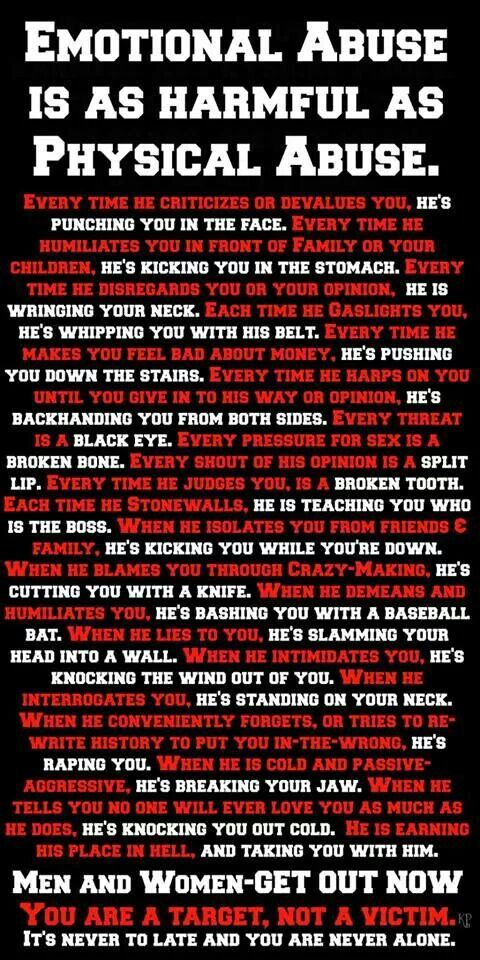
- Accusing you of cheating and/or monitoring your activity
- Demanding to know where you are at all times
Section 2: Aftermath of Emotional Abuse
If you have suffered ongoing emotional abuse you may be struggling with a range of distressing symptoms. Many of these symptoms can resemble those of individuals with Post Traumatic Stress Disorder (PTSD) including:
- Painful memories and/or flashbacks
- Experiencing feelings of helplessness, worthlessness, and loneliness
- A hard time concentrating on the task at hand
- Social withdrawal
- Insomnia
- Unstable or fluctuating mood
- Tension (you didn’t used to have) in your muscles, like in your shoulders that can lead to hypertension.
- You may feel that your heart is beating more quickly than it should
- Unexplained aches and pains
- Hypervigilance & strong startle response
- Night-terrors
- Chronic pain
You may also struggle with low self-esteem, excessive shame, fear, guilt, anxiety, and/or confusion.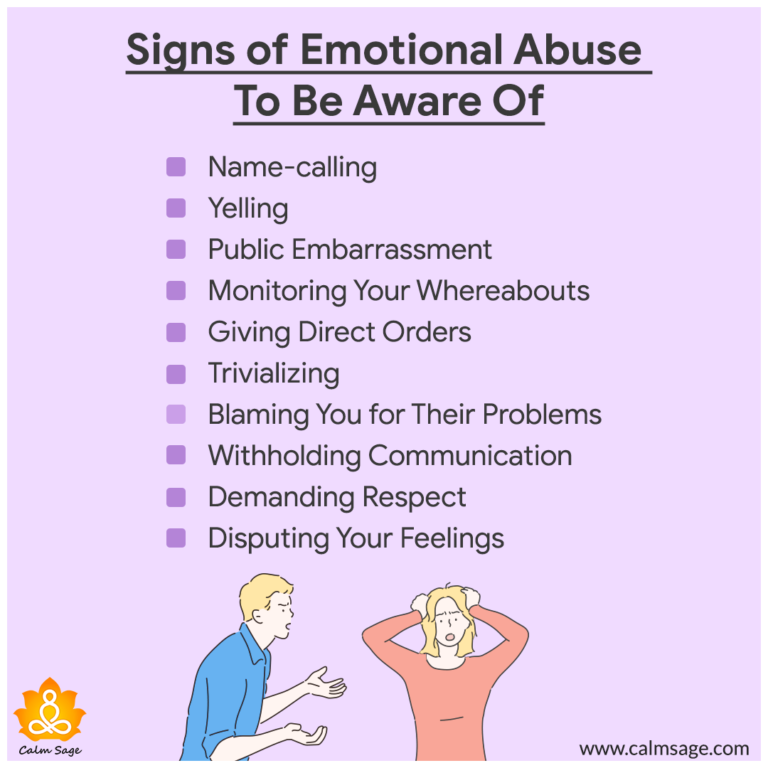
Suspiciousness of people may lead you to push away healthy relationships and find yourself in a cycle of toxic, abusive relationships and isolation from friends and family.
Victims of long-term emotional abuse most commonly develop mental illnesses such as:
- Anxiety Disorders
- Clinical Depression
- Complex PTSD
(To learn more about how to overcome anxiety disorders in specific, check out our blog Anxiety in Teens: How to Recognize Anxiety and Help Beat it FAST [2022])
Section 3: Healing From Emotional AbuseThere is hope to heal from the pain emotional abuse creates.
You are not alone in your journey. Like you, many people have experienced emotional abuse and have found healing and meaningful connections in healthy relationships.
Below are 5 steps to help you in your healing process.
Step 1:Acknowledge the Abuse
Thinking about and accepting your past abuse as a real event can be very difficult to do but it’s the first step to healing from your experiences.
Many people find it difficult to acknowledge their past abuse. This can sometimes be due to a belief that says “I’m shameful for having been abused” OR “What I experienced really wasn’t all that bad”. Other times people repress their past abuse with the hope that if they don’t acknowledge it, it will go away.
One thing can be sure, the longer your emotional pain from abuse is allowed to remain unacknowledged, the more negative impacts it will produce in your life.
As you begin to acknowledge your abuse for what it was, you will also begin to take back personal power over your life.
When you decide to engage with your old wounds, be aware that it’s normal to feel the same emotions you felt at the time of your abuse. These painful feelings have remained inside you and will only be healed when you accept and move through them.
Step 2:Change Negative Thought Patterns
Emotional abusers alter your experience of reality by telling you lies about yourself and about the world until you accept their explanation of reality over your own.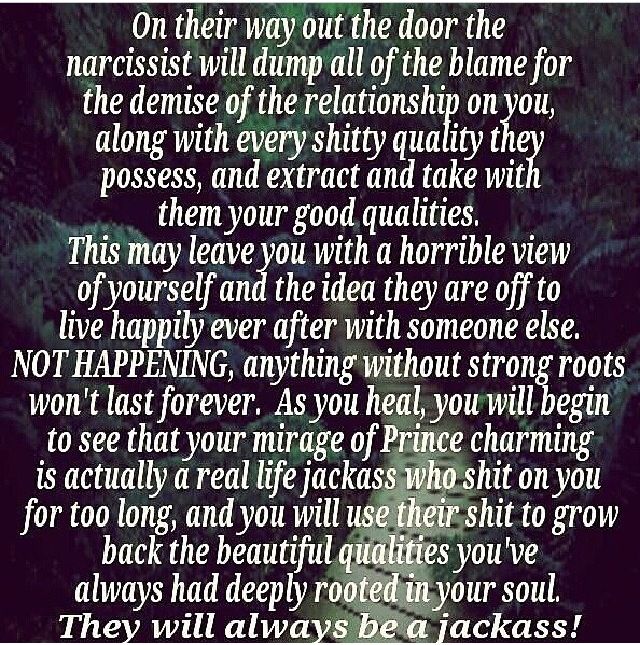 After enough time, you begin to accept these messages which affect the way you see yourself. These unhealthy thoughts can become the voice in your head (your self talk) that tells you exactly what your abuser told you.
After enough time, you begin to accept these messages which affect the way you see yourself. These unhealthy thoughts can become the voice in your head (your self talk) that tells you exactly what your abuser told you.
As you begin to process your past abuse, one way you can begin healing is by challenging your self- talk and dispensing with the negative thinking patterns you find there.
Below is a list of unhealthy, negative thought patterns that people who have been emotionally abused often experience.
Some negative thinking patterns you may be reinforcing are:
- Black and White Thinking: “I either get it right or I’m a failure”
- Over-generalization: “All men are like this”
- Disqualifying the Positive: “Nothing good ever happens to me”, “I can’t ever do anything right”
- Unrealistic Expectations: “I shouldn’t make mistakes”
- Name Calling: “I’m so stupid”
- Self-Blame: “It’s all my fault”
- Catastrophizing: “I won’t be able to figure out how to do anything without my partner,, then I’ll be hungry and homeless”
- Should Statements: “I should be further along by now”
- Emotional Reasoning: “I feel guilty, I must be a terrible person”
- Personalization: “He’s upset because I’m a terrible girlfriend”
- False Permanence: “Things are going to stay this bad forever”
- Magical Thinking: “If I were skinnier, my partner wouldn’t have cheated”
Negative thinking patterns have been linked to anxiety, depression, and feelings of shame, guilt, and blame.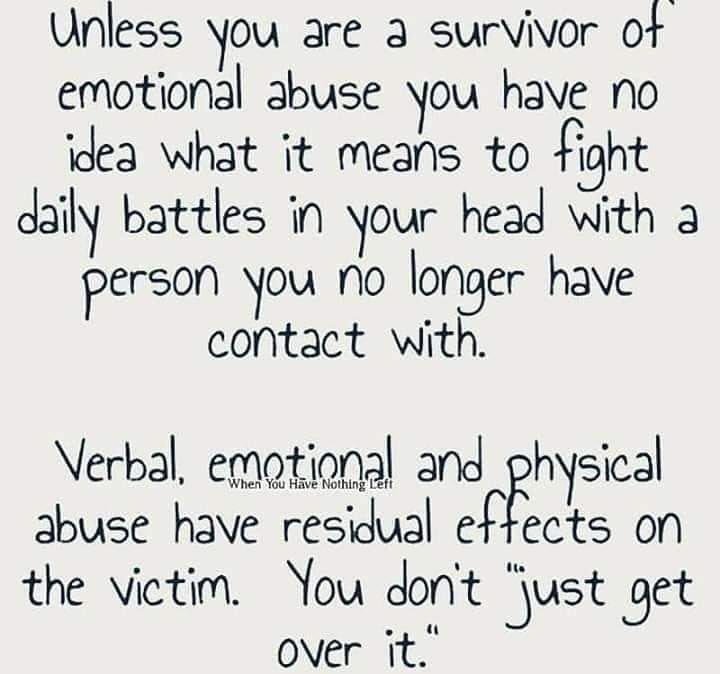
These types of messages will retain their grip on your life and mind until you begin calling them out for what they are and replacing them with new and healthier patterns of thinking.
Step 3:Engage in Self Care
Many of the suggestions below may seem trivial but they are extremely important to your healing process. When you begin to take care of your needs, you will have more energy, support, and nutrients to overcome the struggles you’re facing.
Here are a few practical ways to begin the process of regaining power over your life:
1. Embrace More of Your Wants and DesiresMany victims of abuse recall that their only purpose was to keep their abuser satisfied.
You may have forgotten likes, dislikes, passions, hobbies, etc. To begin the process of healing from your emotional abuse you will need to rediscover who you used to be and who you want to become.
Start Small: Do something you love.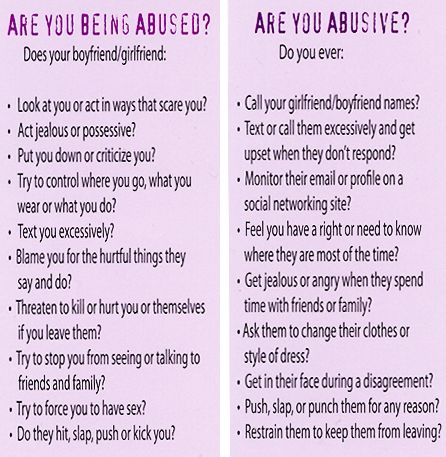 Ask yourself what you have been wanting to do. Have you been wanting to join a bowling team, go to a painting class or take up underwater basket weaving? DO IT! And after that, do something else you have wanted to do. This is your time to reclaim your mind and life.
Ask yourself what you have been wanting to do. Have you been wanting to join a bowling team, go to a painting class or take up underwater basket weaving? DO IT! And after that, do something else you have wanted to do. This is your time to reclaim your mind and life.
Oftentimes, people who have experienced emotional abuse can carry excessive shame when it comes to being their authentic self.
For more information on this topic check out a leading researcher Brene Brown’s video on how to overcome shame and self worth → HERE
2. Make your Physical, Emotional, and Spiritual Needs a PriorityPart of the healing process from emotional abuse is caring for yourself. When in an abusive relationship you can quickly lose sight of what a healthy, normal lifestyle should look like.
Loss of self-esteem is one of the
hallmark consequences of emotional abuse victims because they are led to believe they don’t matter or they aren’t valuable.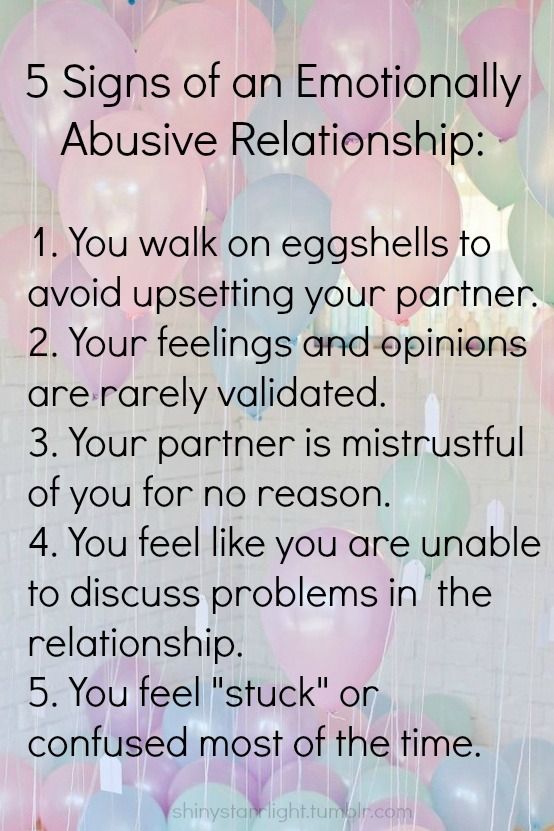 We take care of the people who matter to us. When you take care of your needs, you will begin to develop the belief that you matter.
We take care of the people who matter to us. When you take care of your needs, you will begin to develop the belief that you matter.
Treat yourself like you’re valuable and you will begin to feel like you’re valuable too.
Get Yourself MovingBegin by asking yourself what type of exercise would you enjoy most? Remember, whatever you decide to do is entirely up to you, so do something you love.
Exercise releases endorphins in your brain. These endorphins are often referred to as your brain’s “happy drugs”. They are responsible for regulating your mood. Doing aerobic exercises for as little as 90 minutes each week can help to reduce your risk of depression and help you sleep better.
Eat RightWhen you’re in an emotionally abusive relationship, your focus is always on the other person. Not only this, the intense emotions in these volatile relationships can lead you to eat in unhealthy ways and amounts.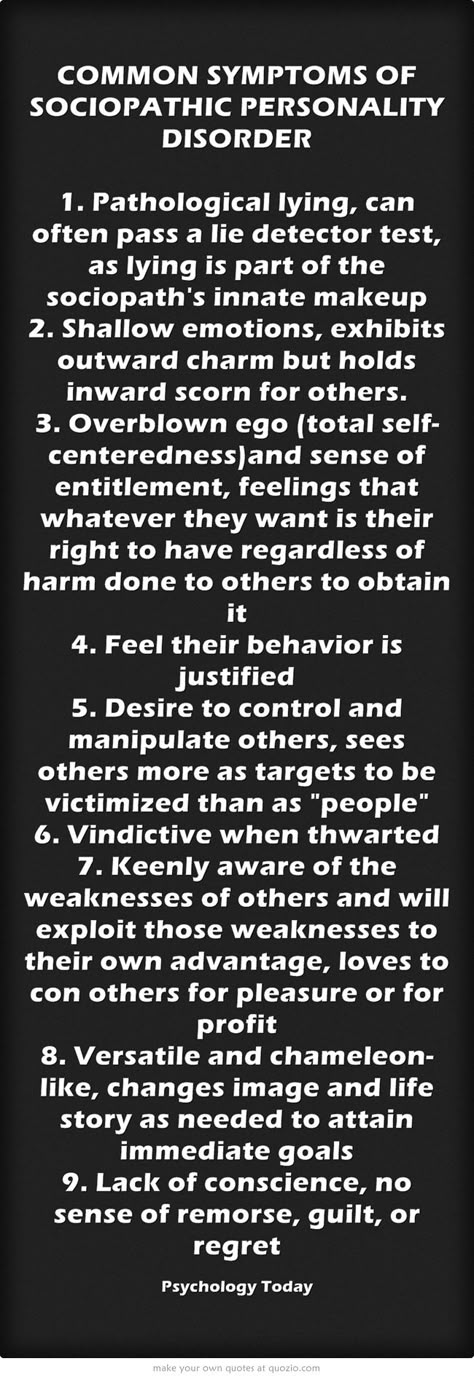 When you begin to eat right, you will find that your body has the nutrients it needs to better regulate your energy levels and emotions.
When you begin to eat right, you will find that your body has the nutrients it needs to better regulate your energy levels and emotions.
- Eat plenty of fruits and vegetables
- Be sure to get your protein
- Drink plenty of water
- Don’t skip meals
- Don’t eat lost of fast food or processed foods
There is no better way to keep yourself from making progress than being exhausted all the time. Try some of the following:
- Creating a routine gives you more control over your life (And enough sleep) . Create a habit of going to sleep at the same time each evening, getting a solid 8 hours of sleep and then waking up at the same time each morning.
- Create a relaxing evening routine that helps you wind down (What helps you relax?). Over time, your brain will associate this evening ritual with sleep and you will begin falling asleep faster.
- Exercising during the day will help you be sufficiently tired in the evening.
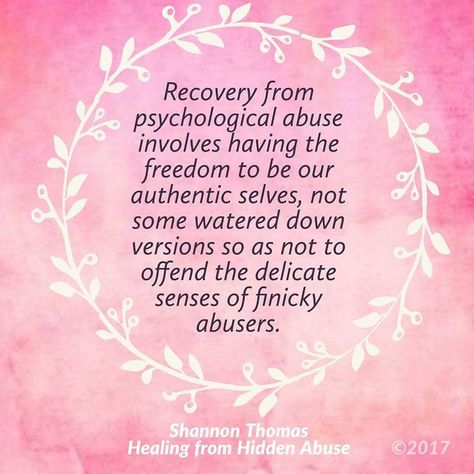
- Don’t use electronics before bed.
- Be sure your room is sufficiently dark.
Below are some different relaxing activities you can do before going to sleep:
- Put on some calming music or sounds of rainstorms, the ocean, etc.
- Do 3 minutes of deep breathing
- Do 5 minutes of mindfulness exercises
- Read a book
- Dim the lights
- Drink bedtime tea
Be sure to check out our breathing and mindfulness walkthroughs → HERE
3. Create Healthy Relationships and Allow Others to Support YouFriends, family, and faith communities can support you as you work through difficult situations (even if you don’t feel comfortable sharing with them).
While you never have to do anything you don’t want to do, it can be very helpful to find one or two trusted friends or family members who will listen without judgement and offer the empathy and compassion you need to heal.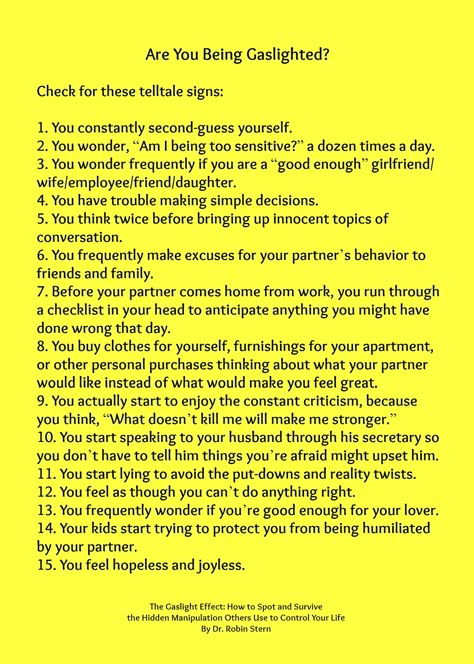
If this isn’t an option, we suggest you think about joining a support group with other people who have been through traumatic and abusive situations.
Abusive relationships break down your trust in other people and keeps you isolated.
Remaining socially isolated can keep you feeling down and dependent on unhealthy relationships.
It is also common for individuals who receive constant criticism, judgment, and rejection from past abusers to experience feelings of unsafety in social relationships or a fear of being negatively evaluated and rejected by others. If this is the case, make sure to check our blog Social Anxiety Disorder: The Ultimate Guide to Overcome it NOW [2022]
If social isolation has crept up on you, it’s time to reconnect.
Healthy relationships have been linked to increased sense of worth and belonging and decreased stress. Not only this but engaging in healthy relationships also increases the release of those happy neurotransmitters called dopamine, giving you feelings of happiness and fulfillment.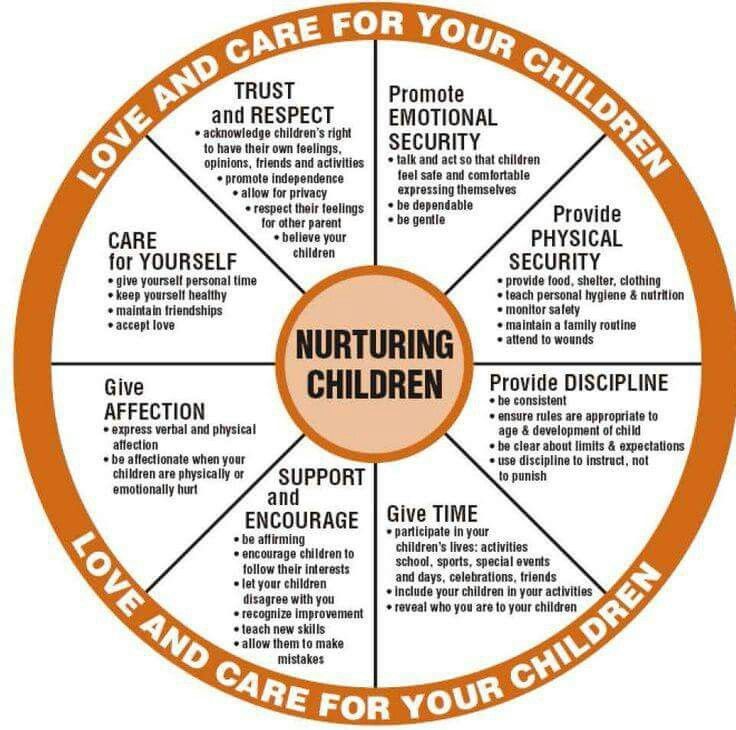
Consider doing the following:
- Go to lunch with a friend you have spoken to in a while.
- Invite a family member you enjoy to a movie.
- Say yes to an invitation when your feelings are telling you to stay home.
- Engage in a social hobby to meet new people.
Section 4: Don’t rush yourself, healing can take some time
Be patient and empathetic with yourself as you heal. Remind yourself that it’s okay to feel confused, scared, tense, angry or any other emotions that come up.
These feelings are a normal part of the healing process and there is no rush to get past them. They are yours and it’s okay to sit with them and experience them. Having and experiencing painful feelings doesn’t make you anything except courageous.
Step 4:Set Boundaries
Asserting your boundaries when in an emotional abusive relationship can often antagonize abusers and escalate tension in the relationship.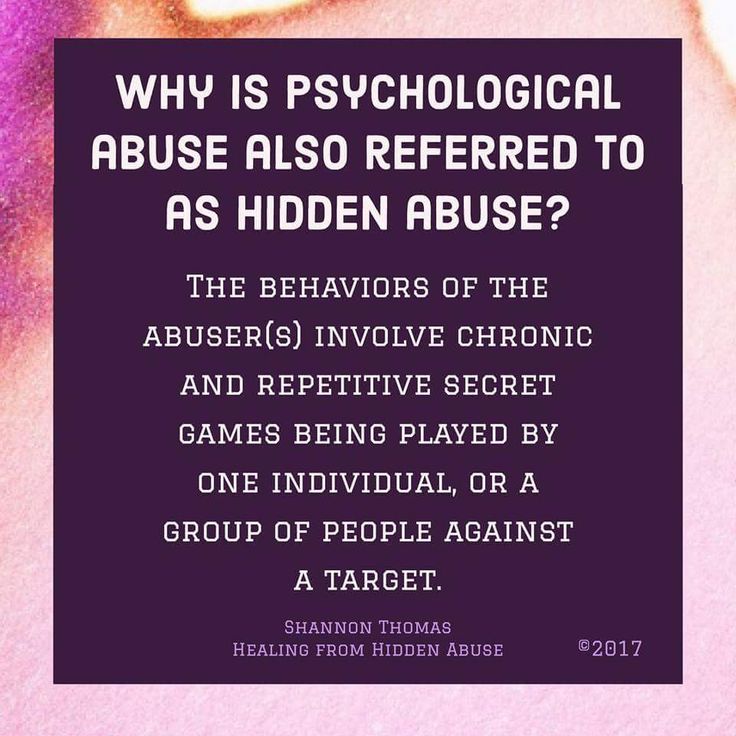 This happens because abusers don’t want you to have control of your life. The more control you begin to take back, the more they begin to feel out of control and chaotic.
This happens because abusers don’t want you to have control of your life. The more control you begin to take back, the more they begin to feel out of control and chaotic.
Learning how to implement and assert healthy boundaries between you and other people is a necessary step in your journey to retake control over your life
What is a boundary?Healthy boundaries are indicators that let you and others know when they are crossing over from their space into your space. Just like the fence with a gate in your front yard or your front door, some people should be allowed in and some people shouldn’t.
People who are being abused often have no boundaries and are completely enmeshed with their abusers.
After people have been hurt, they can often erect impenetrable boundaries that keep EVERYONE out.
Both of these are unhealthy.
Healthy boundaries allow the right people in and keep the wrong people out.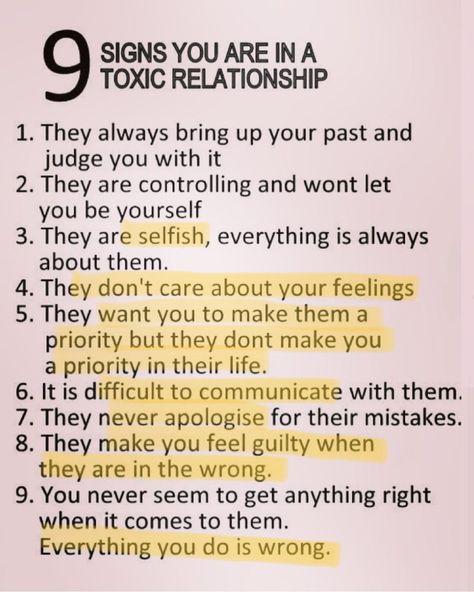
Boundaries also let you and everyone else know where YOU begin and where YOU end; what areas of your life are under your control and which are not.
Below is a list of everything that should be within your boundaries, and therefore under YOUR control.
- Your thoughts
- Your emotions
- Your attitude
- Your choices
- Your behaviors
Healthy boundaries give you control over these areas and allow you to recognize when others are attempting to take your control from you.
In addition, healthy boundaries let you know when others are holding you responsible for areas you are not responsible for: their thoughts, emotions, attitudes, choices, and behaviors.
When you have healthy boundaries you should notice these changes:
- You won’t need to defend yourself: You don’t need to defend yourself for anything within your boundaries or feel guilty for having your own needs, wants, or desires.
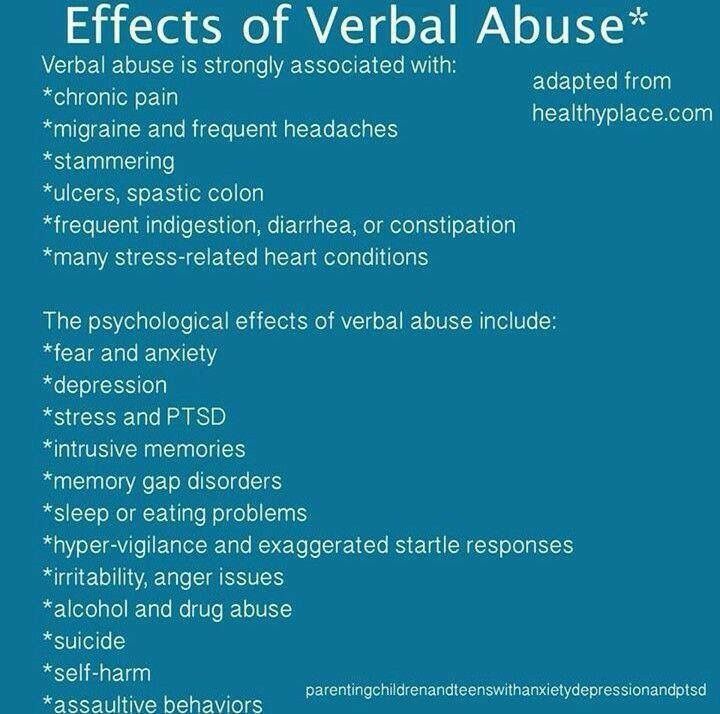 This is as ridiculous as defending what things you keep in your house to your neighbor. It’s not their house and so it’s not their business.
This is as ridiculous as defending what things you keep in your house to your neighbor. It’s not their house and so it’s not their business.
- You won’t take it personally: When someone has a problem with what’s in your boundaries, it’s exactly that, their problem. If an abuser doesn’t like the way you act, think or feel or hold you responsible for how THEY think, act or feel, this is also their problem, not yours. These things have nothing to do with you so you should not feel ashamed, guilty, or anything else about it.
- You won’t try to make them understand: Trying to make other people understand and approve of what is within your boundaries is like trying to explain to your neighbor why it’s okay for you to love that ugly brown couch you’ve had since college. If that couch is in YOUR living room, the only person’s approval you need is your own!
(For more information on how to set boundaries, check out this videos by Dr.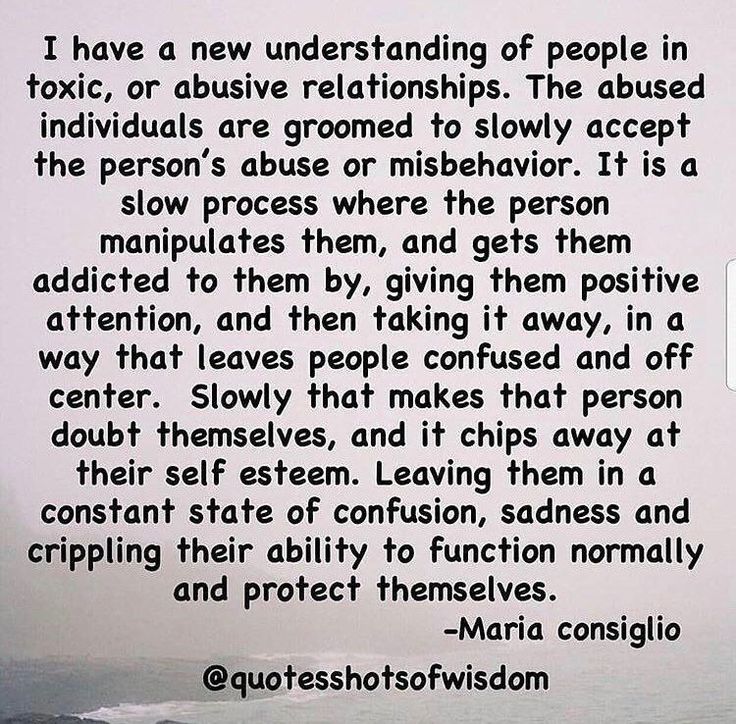 Henry Cloud, author of the book Boundaries HERE)
Henry Cloud, author of the book Boundaries HERE)
Know When to Seek Help
Knowledge is power.
Emotional abusers want you to depend on them to determine who you are and how you should see the world. The more knowledge you have, the more power you will have to get your life back under your control.
While working through past and present abuse and the emotional trauma it brings into your life is a difficult process, there are many resources and avenues available to help you along the way.
The old adage “You don’t have to wait until the house if falling apart to fix the windows” is true. Therapy can be a helpful resource for you no matter where in the healing process you find yourself in.
Here is a list of indicators that may be helpful to you when considering if it’s time to seek professional help.
Personal Safety:- You feel unsafe in your current living situation but aren’t sure how to find solutions.
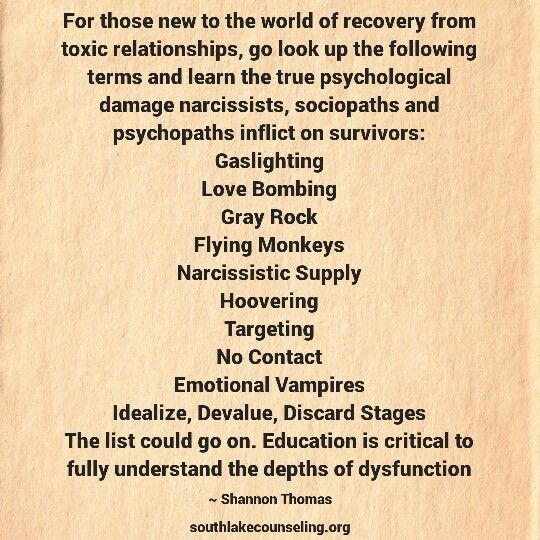
- You feel your situation is explosive or potentially destructive.
- Your feelings are too powerful to face alone and you want help to process.
- Your past trauma is too much to handle alone.
- You think you may be depressed.
- You feel afraid or anxious often.
- You’re experiencing nightmares, flashbacks or your startle easily.
- You find that you’re not able to manage your day to day responsibilities.
- You’re having problems sleeping
- You have been using mood altering substances to cope.
If you practise the strategies discussed in this article, you will be well on your way to healing from the wounds of emotional abuse.
What did you learn in this article that you didn’t know before?
Let us know in the comments!
How to Heal After an Abusive Relationship: 7 Tips
Recovering from an abusive relationship is possible. Here are helpful steps on how to heal and prioritize your well-being in the process.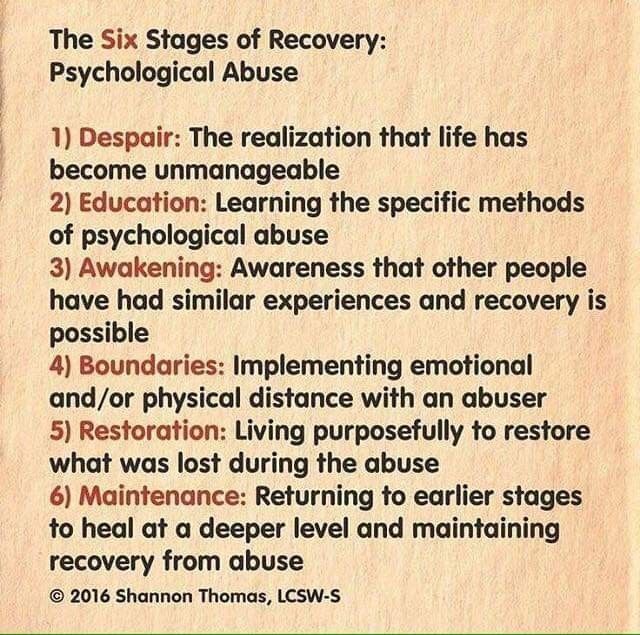
If you’ve recently left an abusive relationship, you’ve already taken one of the most important steps of the process — leaving.
Learning how to heal and take care of yourself after the breakup can help you navigate what comes next.
There are many types of abusive situations and relationships:
- emotional
- physical
- verbal
- sexual
- spiritual
- financial (e.g. limiting access to funds, controlling shared finances)
- reproductive coercion (e.g. breaking condoms, interfering with birth control access)
- digital (e.g. stalking, demanding passwords or access to your phone)
A range of intense emotions may pop up when recovering from an abusive relationship — all of which are valid.
Depending on the situation, you may experience some of the following thoughts or feelings:
- missing your ex
- feeling lonely or isolated
- debating going back to the relationship
- feeling uncertain or unable to make decisions by yourself
- feelings of anxiety or depression
- finding it difficult to feel independent
- a lingering fear or sense of being in danger
- symptoms of post-traumatic stress disorder (PTSD)
You may have positive feelings, too.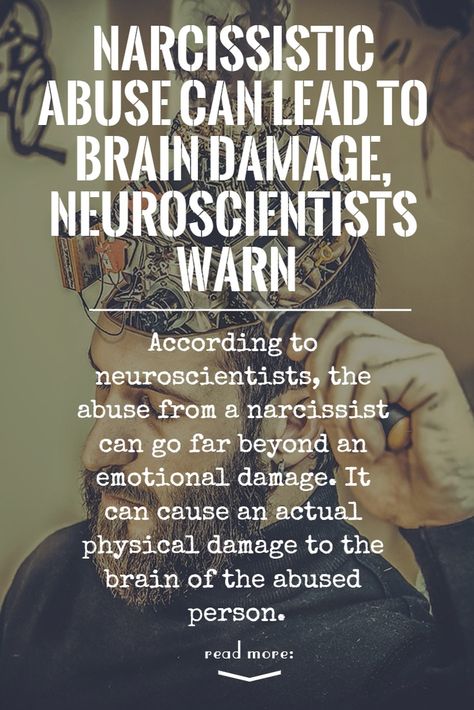 “Sometimes a survivor can feel a sense of freedom, as if a weight has been lifted off of their shoulders,” says Melody Gross, domestic violence keynote speaker and founder of Courageous SHIFT.
“Sometimes a survivor can feel a sense of freedom, as if a weight has been lifted off of their shoulders,” says Melody Gross, domestic violence keynote speaker and founder of Courageous SHIFT.
“Some days, you might feel strong, happy, and confident in your decision. Other days you may be overwhelmed by sadness and anxiety and question everything,” adds Ebele Onyema, director of programs at One Love. “All of these feelings, from feeling free and empowered to feeling lonely and missing your ex, are completely normal.”
“When someone leaves an abusive relationship, healing isn’t necessarily the first thing that comes to mind. Survival does,” says Gross.
There’s no set time frame to healing, as each survivor’s experience is different.
“But what is there is possibility — the possibility to get to a place where you know, understand, and can respond appropriately to your triggers,” she adds.
The healing process isn’t linear, but there are ways to find relief and support along the way.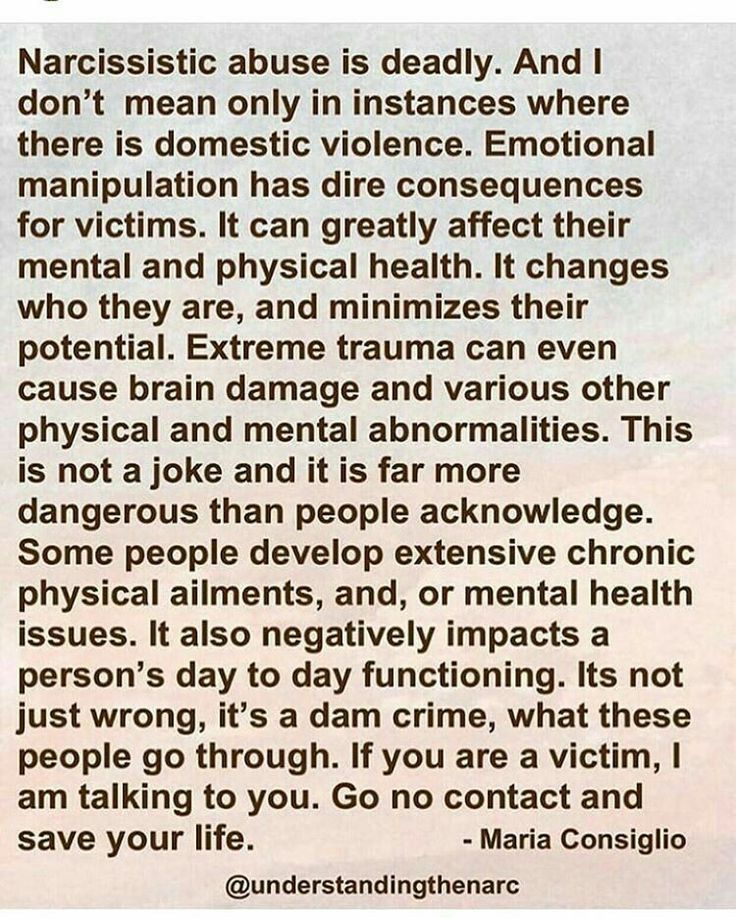
Create a safety plan (if you haven’t already)
Safety planning can give you a sense of control and protection, Gross explains: “You can add responses for different circumstances, such as seeing [your ex] in public or if they contact you on social media.”
“Make your safety and security the top priority post-breakup, so you can focus on yourself and your healing journey,” says Onyema.
Set boundaries
According to Onyema, setting boundaries after the relationship is just as important as during it.
“Make sure you and your ex are on the same page in terms of communication and behavior,” she says. “And, if you [aren’t] — and you very well may not be — remember that your needs and boundaries matter. Be clear in expressing them and confident that you have every right to need the time and space that you need.”
Also consider setting digital boundaries, like blocking your ex or taking a social media break.
“Knowing that your partner doesn’t have access to you on social media can provide the distance you might need to move through healing at your own pace,” she adds.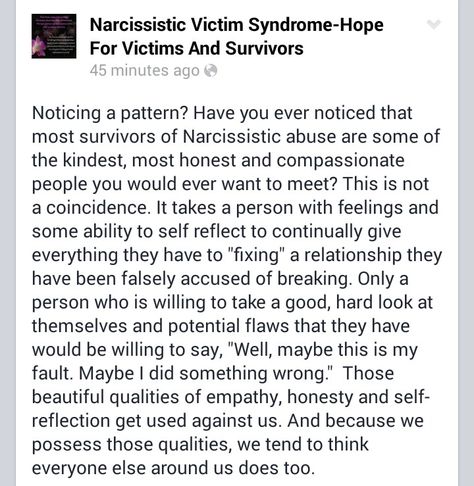
Prioritize self-care and self-love
“Self-care and self-love is vital because without them, survivors can find themselves in another abusive relationship,” says Gross.
Honor your thoughts and feelings as they come up. She suggests journaling as a great way to process your emotions. It can serve as a personal safe space and way to reflect on your growth as time passes.
Onyema also recommends picking up old hobbies and doing things you used to love.
“Use your newfound time to focus on things that build your confidence and help you regain emotional balance. You deserve it,” she says.
Repeat healing affirmations
Gross says to keep reminding yourself that the abuse was never your fault: “If you have to set an alarm on your phone or write it on a Post-It note, do it.”
“It can be hard not to look back on your past relationship with rose-colored glasses, or you may feel like you miss your ex-partner, but keep in mind that you’re strong, and you’ll get through it,” adds Onyema.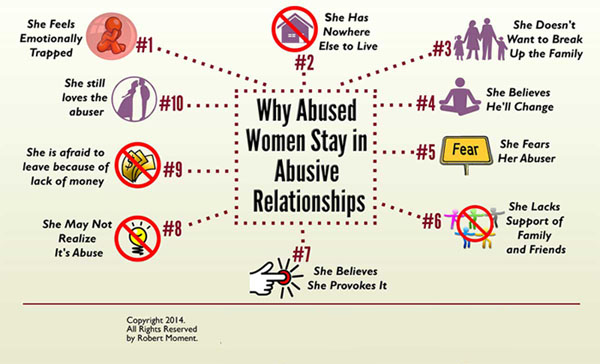 “Remember that everyone — including you — deserves a healthy relationship where they feel loved, respected, and valued.”
“Remember that everyone — including you — deserves a healthy relationship where they feel loved, respected, and valued.”
Educate yourself about abuse
No matter where you are in your journey, learning about abuse can prevent you from entering similar situations in the future.
Gross recommends learning about:
- signs of abuse
- why people fall in love with abusive partners
- reasons people stay in ‘unhealthy’ relationships
- potential barriers to leaving
- how abuse shows up in different areas of life
“When everyone has a better understanding and knowledge of how intimate partner violence works, then we can remove the stigma and get the support and services needed for survivors and perpetrators,” she says.
Build a strong support system
You don’t have to do this alone. Receiving support can help you feel stronger and more connected during the healing process.
“A great support system can include family, friends, a therapist, coach, personal trainer, [and] support group,” says Gross.
Oftentimes, Onyema says someone in an abusive relationship can be isolated from friends and family. “It’s good to reconnect with them. [They] can emotionally support you, build up your sense of self, and offer a counter to some of the doubts or negative thoughts we can have about ourselves after a breakup.”
Ask for help
Consider seeing a therapist or mental health professional. Therapy can teach you helpful skills for coping after an abusive relationship and offer further support during the recovery process.
Other support resources are available, including:
- domestic violence hotlines
- organizations like One Love
- events and programs for survivors
- connecting with other survivors through support groups
“Don’t let shame or embarrassment stop you from getting your needs met,” reminds Gross, who suggests tapping into every resource you can.
According to the Centers for Disease Control and Prevention (CDC), intimate partner violence affects millions of people in the United States each year.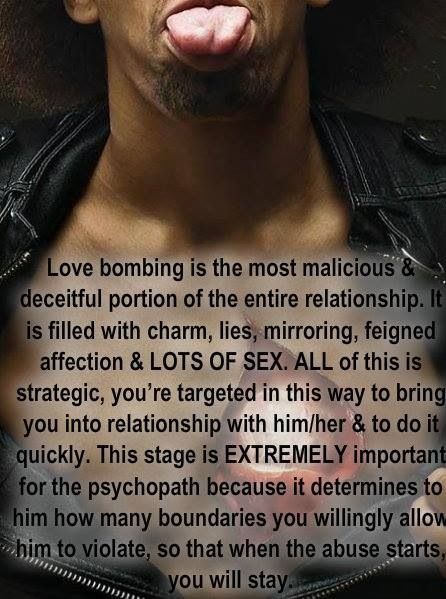 If you’ve recently been in an abusive relationship, you’re not alone and it’s not your fault.
If you’ve recently been in an abusive relationship, you’re not alone and it’s not your fault.
There’s no solid answer as to how long it takes to heal after any type of abusive relationship. But creating a safety plan, practicing self-love, seeing a therapist, setting boundaries, joining support groups, and seeking additional resources can bring you relief.
“Breakups aren’t easy. Be patient and kind to yourself, as there’s no ‘right way’ to heal,” Onyema says. Healing is possible, though, and you will feel stronger in time.
You’re a survivor, and help is readily available whenever you want or need it.
“You made the first brave step — you decided to leave,” she reminds. “And as you continue to center yourself, you’re healing in big and small ways every step of the way.”
How to identify an emotionally abusive relationship?
Many people find themselves in the middle of an emotionally abusive relationship without realizing it. Emotional partner abuse is a form of abuse that no one should agree to or put up with. In this case, it is important to contact a professional who will help the person cope with the situation and solve the problem as quickly as possible.
Emotional partner abuse is a form of abuse that no one should agree to or put up with. In this case, it is important to contact a professional who will help the person cope with the situation and solve the problem as quickly as possible.
In the next article we will talk about a number of rather obvious signs indicates that the relationship is emotionally abusive.
Index
- 1 hostile behavior
- 2 Anger behavior
- 3 problems of connection
- 4 is to blame for all
- 5 Control attitude
- 6 What to do in emotionally offensive relations
Enemble of the brightest elements of an emotionally abusive relationship. nine0005 The person uses manipulation and aggression
when it comes to solving various problems that may arise in a couple. This hostility is constant and habitual, which gradually undermines the relationship in question.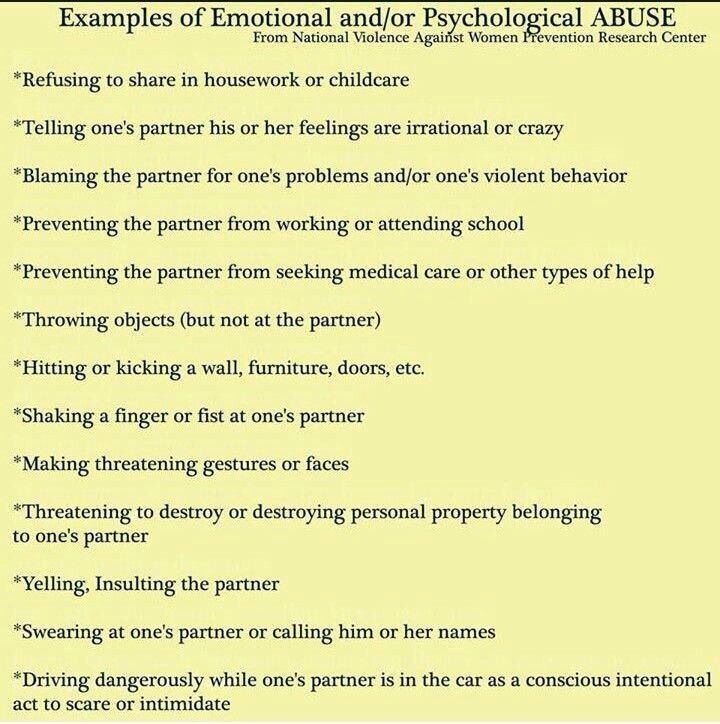
angry behavior
In an emotionally abusive relationship, one of the parties is always angry and acts angry towards the partner. This, as usual, causes great emotional damage to the couple. Rabies can be caused by various reasons, although this is not justified. In this case, it is important to contact a professional, who knows how to set guidelines to be able to manage and control said anger.
Communication problems
In this type of relationship, the parties hardly talk and there is clearly not enough communication. . Silence is a very obvious form of punishment and abuse for a couple. Communication is important and key when it comes to making certain relationships work. If things are not talked about clearly, the relationship becomes toxic with all the bad things it means for their good future. nine0003
to blame for everything
One of the characteristics of an emotionally abusive relationship is blaming the partner for everything.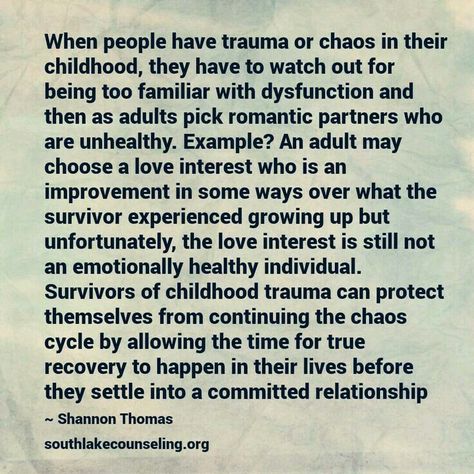 Resorting to a sense of guilt and thereby mocking a partner on an emotional level, the minimum and all nonsense is used. The constant feeling of guilt causes significant harm to both self-esteem and self-confidence.
Resorting to a sense of guilt and thereby mocking a partner on an emotional level, the minimum and all nonsense is used. The constant feeling of guilt causes significant harm to both self-esteem and self-confidence.
controlling attitude
The last sign that this is an emotionally abusive relationship is that the partner is completely in control. nine0005 Specified control assumes that the person does not have any autonomy. and is in the hands of a toxic person. Controlling behavior is a very obvious way for a couple to show some kind of emotional aggression and insults.
What to do in an emotionally abusive relationship
As discussed above, many people fail to recognize for themselves that they are in an emotionally abusive relationship. In case of doubt and detection of certain signals on a daily basis, it is important to contact a professional who is able to assess the situation and give appropriate recommendations to solve this problem.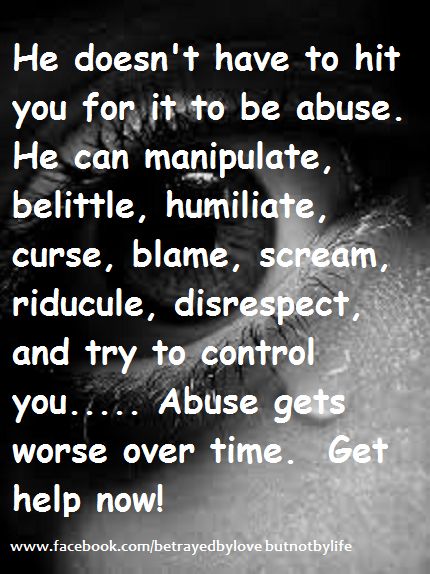 Depending on the reasons or causes, it will be convenient to go to couples therapy or end a toxic relationship permanently. It is really important to put an end to this emotional abuse and look for a completely healthy relationship.
Depending on the reasons or causes, it will be convenient to go to couples therapy or end a toxic relationship permanently. It is really important to put an end to this emotional abuse and look for a completely healthy relationship.
Ultimately, an emotionally abusive relationship is a form of violence that should not be consented to under any circumstances. nine0006 . Given this, it is only possible to completely change the specified relationship or break the created connection. It is not easy or easy to get a toxic person to understand that what they are doing is wrong and that they need to change their behavior towards their partner. The work of a professional is key when it comes to solving various problems and healing relationships. Unfortunately, there are many couples, especially young ones, in which emotional abuse is a real reality.
nine0002 The content of the article complies with our principles of editorial ethics. To report a bug, click here.
How to Heal Emotional Abuse
An emotionally abusive relationship is actually an ongoing process where one person systematically diminishes the will and interests of another in order to ultimately destroy that person's emotional well-being.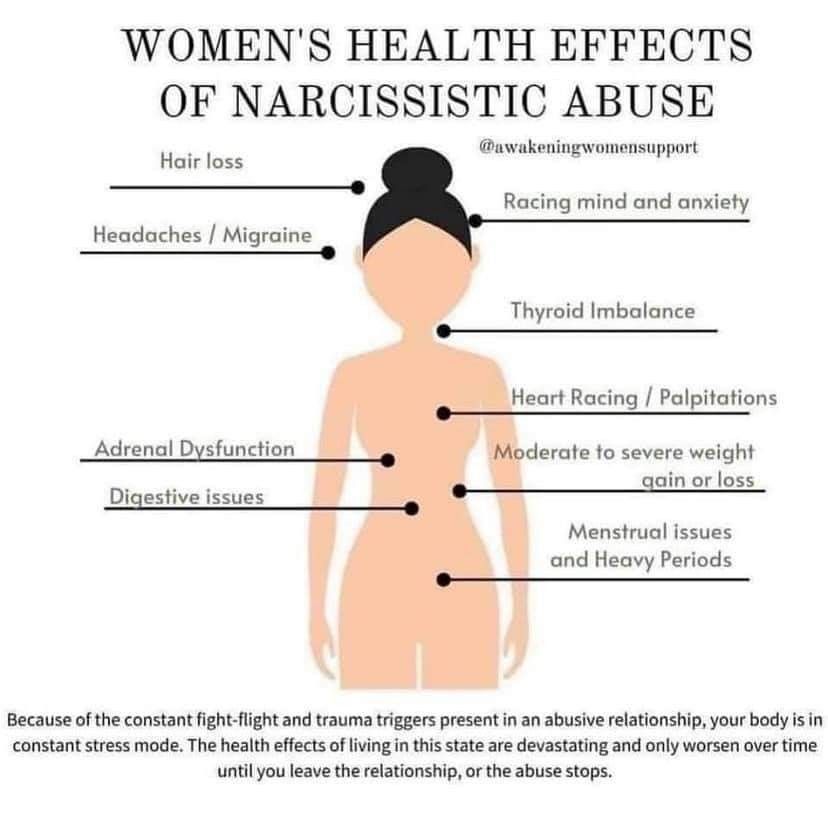
Abuse can be mental, physical, psychological or verbal and is often a combination of the two. nine0006
Since relationships are usually established on the basis of strong emotional attraction (the abuse may be against the parent of the child, the child against the parent, between siblings, or even between friends), it is surprising why the abuser is forced to act in such a destructive and fruitless way.
Any offender in a relationship actually points a gun at himself, so to speak, destroying the spirit of his soulmate and causing himself indefinite damage. nine0003
Abuse can certainly be seen as a component of self-destructive behavior.
Victims experience many self-destructive symptoms, eventually develop suicidal tendencies, and gradually sink into a vast ocean of depression.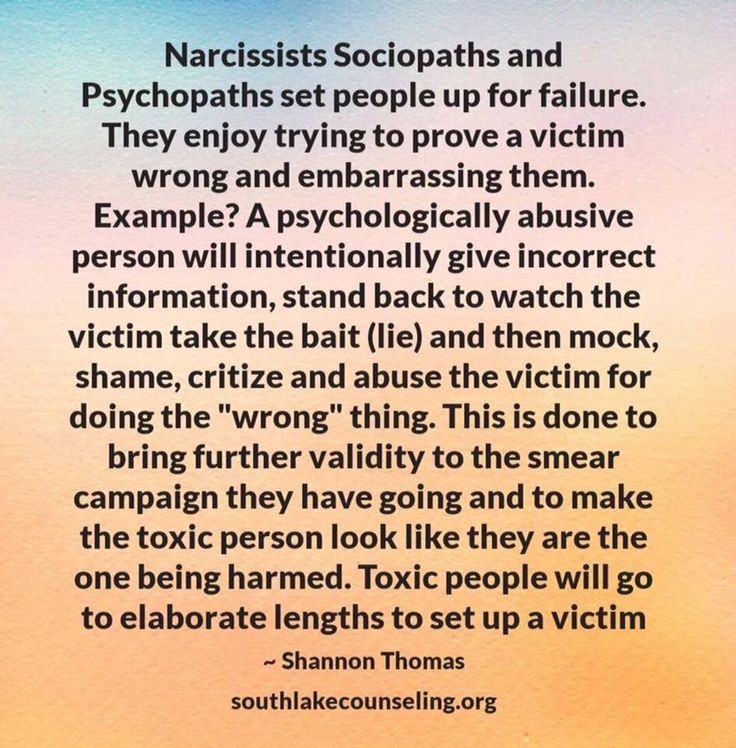
Healing from emotional abuse or recovery from emotional abuse for such victims thus becomes an extremely debilitating and painful process. nine0003
So, how do you recover from emotional abuse by a spouse or partner? And is it really possible to recover from emotional abuse?
See also: How to distance yourself from an emotional abuser
Emotional abuse is like a silent killer that attacks feelings and kills hope. Here are some
A person who abuses emotions may not even feel that they are doing something wrong. nine0006
Emotional abuse is not necessarily limited to the dominant person in the relationship - male or female - and can sometimes be the "weaker" partner who uses violence to gain a sense of power and control.
To recover from an emotionally abusive relationship, both the perpetrator and the victim must seek help.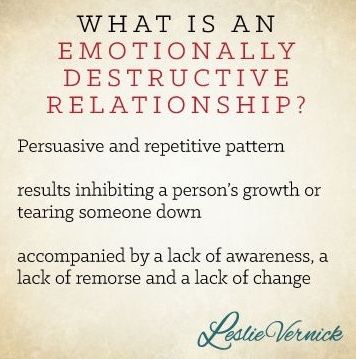 Solving half the problems in an abusive relationship will never be a solution unless the relationship is ended. nine0003
Solving half the problems in an abusive relationship will never be a solution unless the relationship is ended. nine0003
Even so, only victims of violence will find comfort in destructive behavior.
Help for survivors
Many people who experience domestic violence feel lonely and do not understand or believe what they are going through.
However, you are not alone.
There are professionals who will understand you, trust you, and help you recover from emotional abuse.
Professionals are available to simply listen and support you if you are trying to find friendly guidance or help take steps to heal emotional abuse, or if you decide to leave an abusive relationship. nine0003
Their experience will help victims to heal from verbal and emotional abuse and gradually return to normal.
Anyone who needs to speak confidentially about domestic violence or who is looking for ways to heal from emotional abuse should start by researching local services.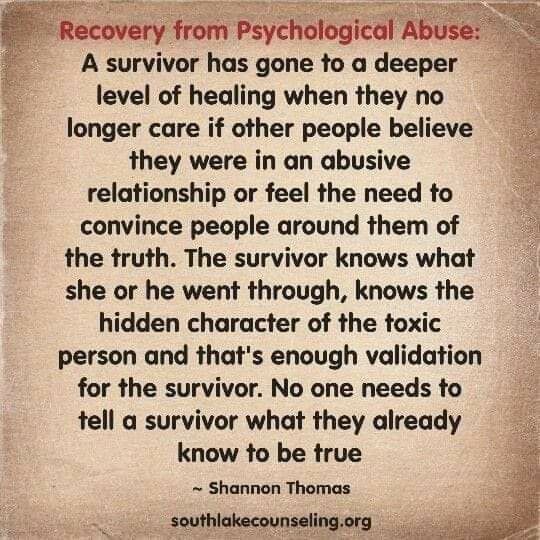
The use of computers and the Internet in the local library will allow you to continue to view data from personal and home computers, which may inadvertently appear and annoy the abuser. nine0003
If you are using home equipment to find help, be sure to delete all browsing data and store phone numbers in a safe place.
Abusers may have a habit of secretly testing your behavior, which would not be unusual for their thinking.
A simple search for phrases such as "help with violence in (name of city)" will usually provide the information you need.
Other professionals, such as the police, religious leaders (pastor or priest), community shelters, family courts, mental health facilities, and health care providers, can provide advice on how to recover from abuse and put you in touch with domestic violence support services and who specializes in providing services to victims. nine0003
While immediate family members are not always the best resource for dealing with domestic violence, bringing together the help of family members and trusted friends can be an option to take these first steps with confidence.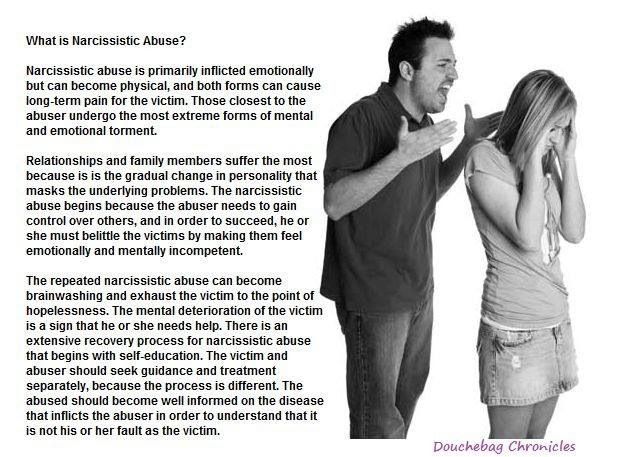
when recovery from emotional abuse in a marriage is greatest, your goal is to be the victim of abuse, not the most tragic of victims.
Take care of your planning and follow your research until you are ready to put the plan into action. Try not to act out of fear. nine0003
Helping the abuser
Admitting that you abused your partner most often comes as a result of serious consequences or confrontation.
It is unfortunate that this realization only becomes apparent when the situation has gone too far. Even so, the offending habit or course of action is difficult, but not impossible, to change.
Taking responsibility for your actions is a necessary component of correcting and eliminating negative behavior. nine0006
The realization that the actions are your own and not caused by something from an outside stimulus, or even by your partner or the abused, puts the burden of responsibility squarely on the shoulders of the abuser.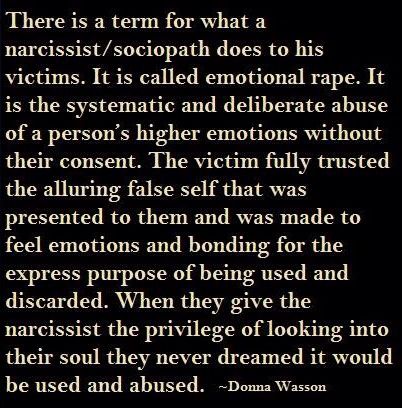
This confession can be both frightening and difficult to deal with. However, the abuser does not have to act alone.
Just as professional help is available for recovering from emotional abuse, the abuser has resources to consult in trying to change his behavior and change his life and his relationships, if the latter is still possible. nine0003
As with victims, finding local resources online can be a good first step, and seeking help from anger management professionals, abuse counselors, or other organizations and individual therapy can help teach the abuser to come to terms with and manage their behavior.
Trusting a spouse/significant other party or object of abuse, even if sincere, before taking other steps is more likely to be seen as another manipulative gesture. nine0003
In all cases, both the abused and the abuser should seek some help in recovering from the abuse and do not be deceived into thinking that removing the immediate threat will repair the behavior or emotional damage caused by the abuse.